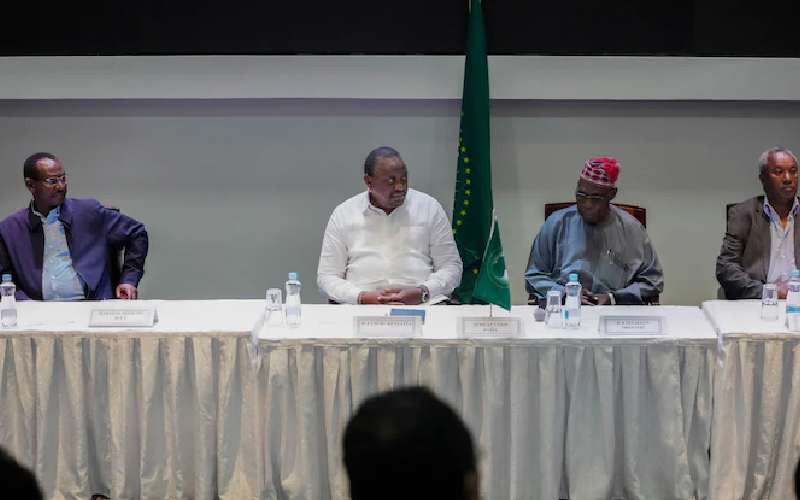
The place of former presidents in society is a big challenge in democratic states. Unless one is inherently uncivil, sitting presidents usually treat their predecessors with civility. In Kenya, President Daniel arap Moi and Uhuru Kenyatta lost the election in 2002 to Mwai Kibaki and both were civil.
President Uhuru Kenyatta and Raila Odinga initially had problems being civil to William Ruto after he won this year's election. But to his credit, Mr Kenyatta eventually adjusted to the reality of the loss and showed maturity during Dr Ruto's inauguration. By doing so, Uhuru shifted the burden of civility to Ruto's side.